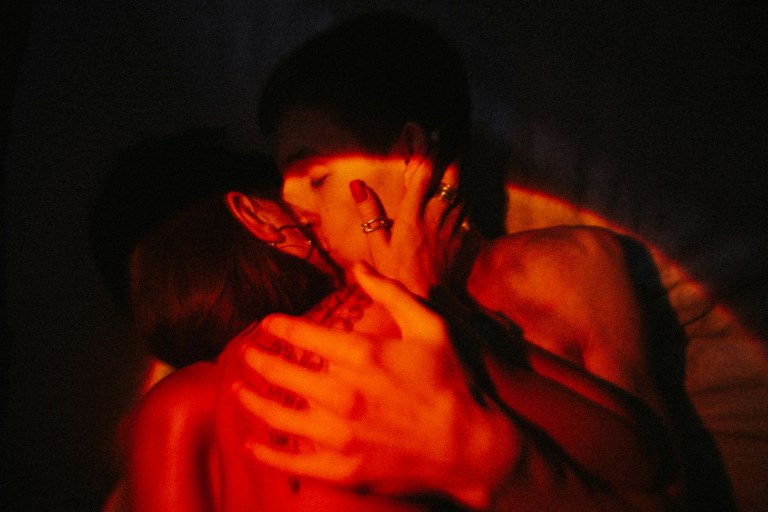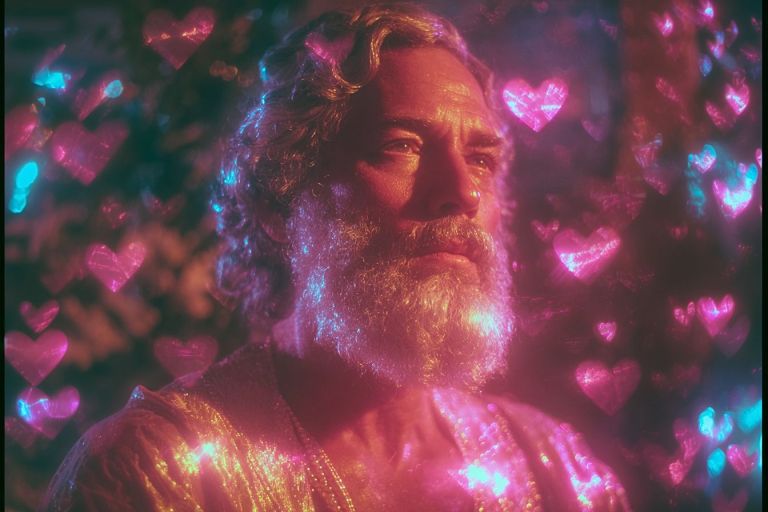
Why Lusting After Someone Keeps You From Truly Loving Them
Lust is one of the seven deadly sins or capital sins, whichever you prefer. But I don’t think too many of us in secular or religious spaces really pay attention to lust. We talk about sex and we talk about sexual attraction; we talk about desire and we talk about constraint. But we do not talk about lust even when we have entire industries built around this human weakness; we ignore that there are deep individual struggles that many face that are a matter of not biological or psychological weakness but rather a spiritual one – lust.
But what is lust? Before defining it, it is worth it to know what it isn’t. Lust isn’t sexuality or the acceptance of humans as sexual beings. And lust isn’t the sexual attraction we experience when we desire someone. There is a certain stance among particular (religious) groups that the acceptance of sexuality in humans or the willingness to embrace that sexuality is somehow an offense against God and people. I differ as someone who tries to love both God and people, in all my weakness. Even the lay definition of lust describes it as a “very strong sexual desire” or the like. I disagree on the basis that desire, even strong desire is not naturally bad. Lust is an overwhelming desire for a human being such that the human is transformed from a subject to an object that is solely meant to give one pleasure.
We all lust. And that is the tragic truth. So much of our sexual desires – which are in and of themselves not bad – get transformed into an unhealthy craving for another’s individual body. So much so that sometimes we begin to see that human being as only their body. And not only do we begin to see the person as only their body, we see that body as something that is meant to satisfy our desire. Even when we may care for the person, our desire takes precedence over their being. But perhaps most dangerously in our lust for other people, we fail to see them as beings without a soul, a heart, a mind. We fail to see them for all they are.
Of the many issues I have with the porn industry as a whole which is so casual in its treatment of people as subjects, in the gaze and in the state in which many people view porn, they fail to see the person as a person. The viewer watches for the purpose of personal satisfaction and in so doing the person becomes the object by which they get their personal satisfaction. What that person is outside of that, whether that person feels and what they feel outside of that instance, ceases to matter. Indeed I have lots of theories about how porn affects sexuality including one that proposes it actually diminishes sex between people in real life. Still, the one that makes me saddest is the negation of the entire humanity of the persons being gazed at.
Of course the way the individual lusts and seeks pleasure when viewing something exterior is very different from a real, live human being in front of them. Or perhaps not in front of them but a person that exists in their world, and oftentimes in their imagination. They may or may not interact with the person; they may even be in a relationship with the person – romantic or otherwise. And they may even seek to love them; they may even actually love them. But lust is not love, which is of course stating the obvious. But it is an obvious truth that needs to be stated.
The difference between love and lust is what counts so much in expressing authentic sexuality and emotions between persons. Lust seeks the pleasure of self, while love puts the pleasure of the other ahead of one’s self. Lust views the human in the moment as an object; in love, the human is always a subject and is always more than what they are in that moment. Lust ultimately is selfish, while love is selfless. There is no fine line between the two, but rather a bold one. And the soul, the heart, and the mind always know the difference.
When we lust after someone we simply cannot love them the way we often want to; the way they deserve to be loved. And it is already hard enough to love human beings in our human weakness. Lust, I believe, like most deadly sins, also chips away at our own humanity. How can it not? The ways in which we view others become the measurements we use for ourselves – we can and do objectify ourselves.
I propose then that we be more mindful of lust; that we keep ourselves more aware of making that leap from desire, from sexual attraction, to this deadly thing we call lust – this thing that reduces our humanness. At any and all times, but most especially when it is love that we are ultimately trying to cultivate. ![]()











